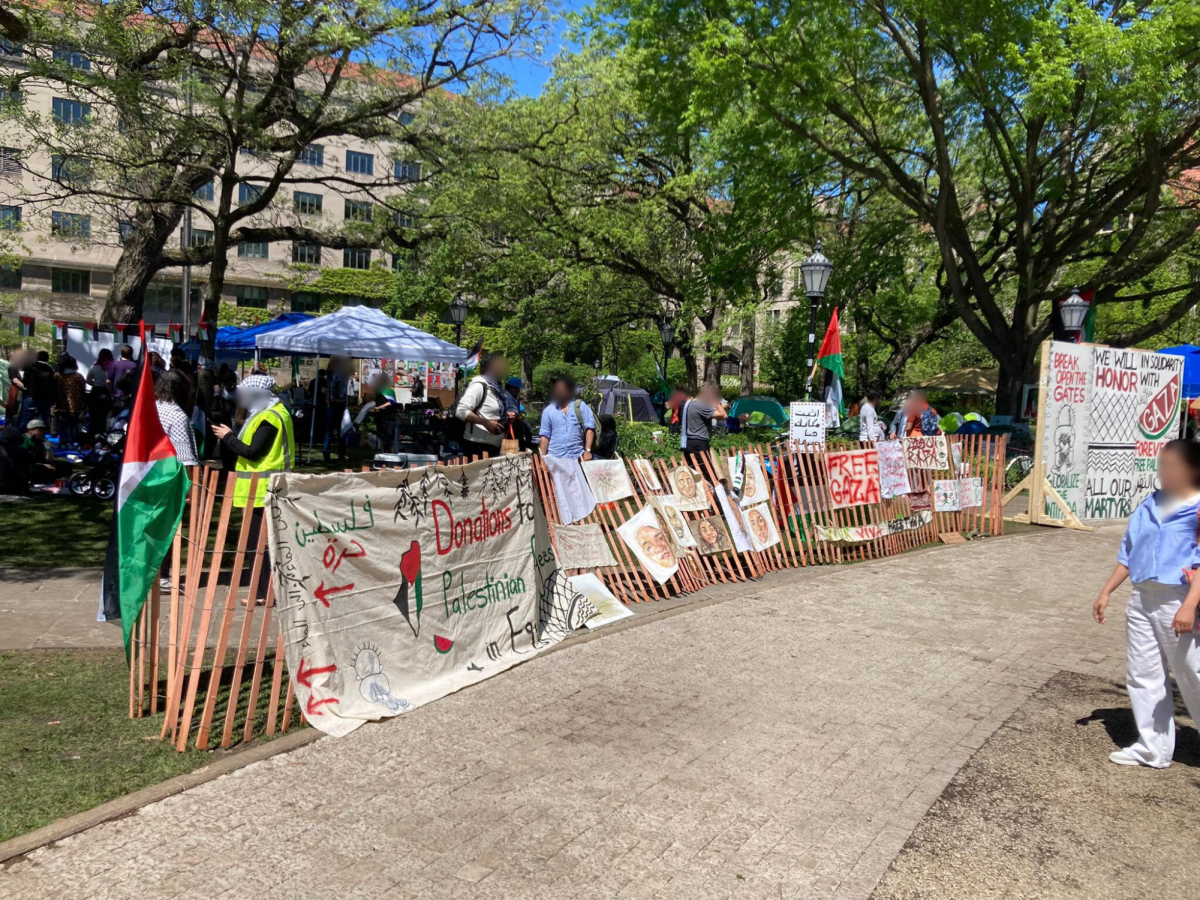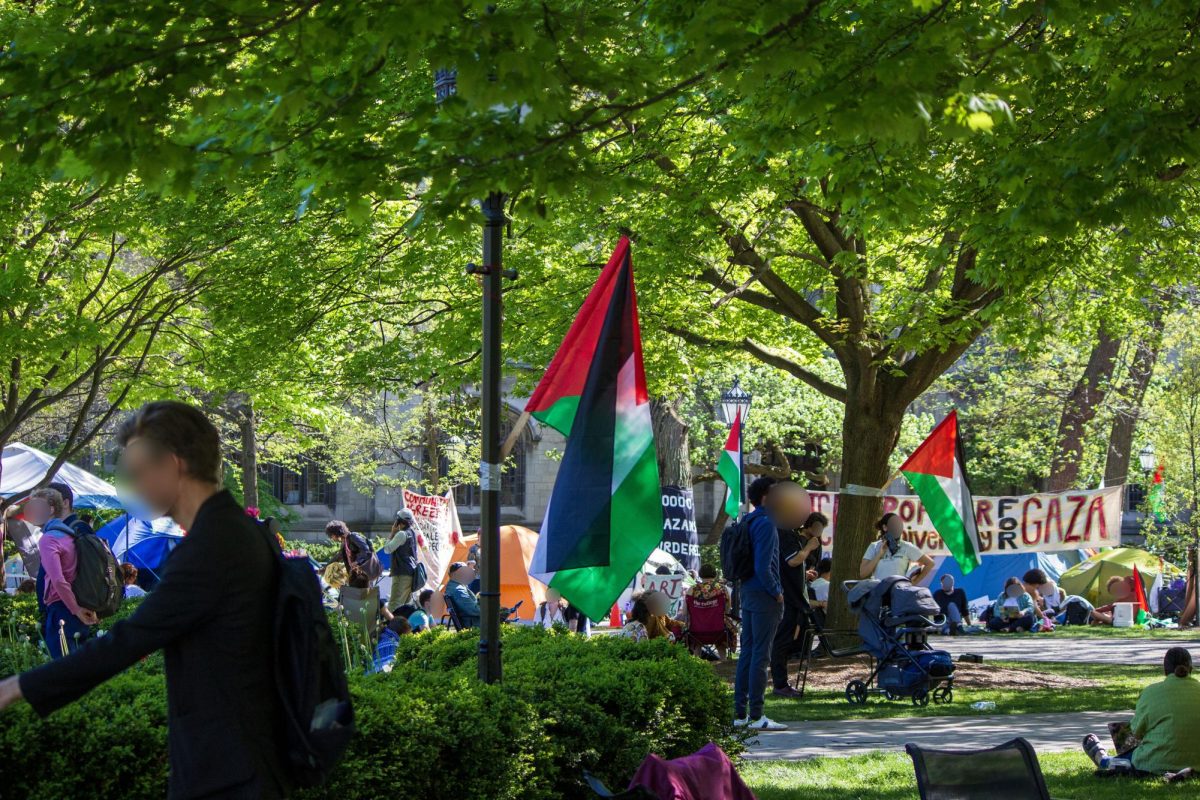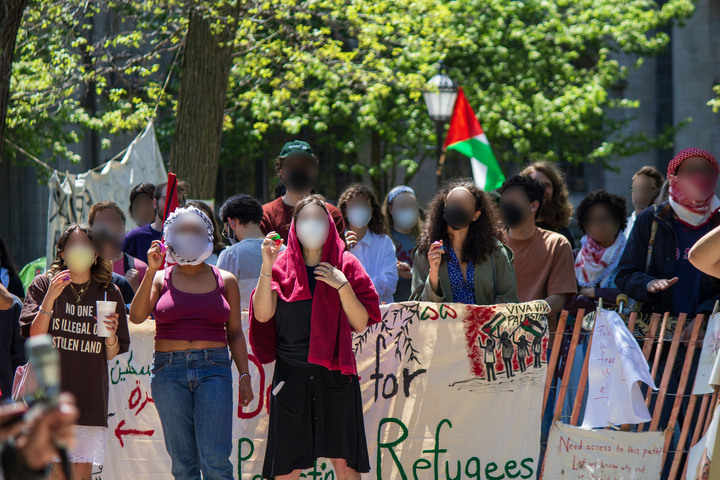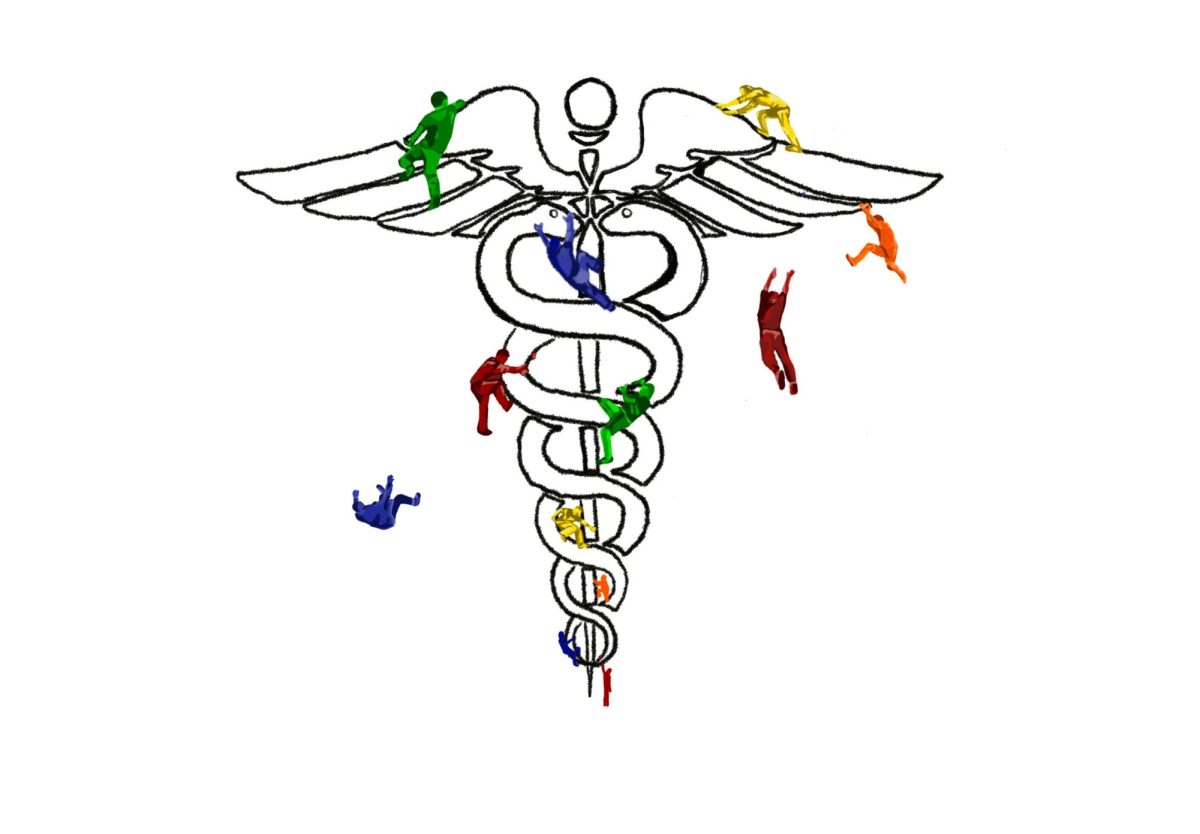I am haunted by history. After a full day of reading about car bombs in Baghdad, studying the Pacific Theater of World War II, and listening to lectures about the Great Leap Forward famine in China, how could I walk home at night without my thoughts being burdened by war and politics?
Conventional wisdom says that constant exposure to violent media deadens the moral senses and immunizes the viewer or reader to the shame and disgust that scenes of inhumanity ought to evoke. If only! For me, the study of war and of good and bad governance has had the opposite effect. Every fresh headline about war and terrorism fills me with fear and rage; every blow to Lebanese or Russian democracy, every militaristic rumbling emanating from the White House about Iran and Syria, every page of reading about the great mistakes of the 20th century—I surround myself with such depressing stories, and they all get under my skin.
The public trains are my favorite way to travel, but will I ever be able to ride again without thinking of the Madrid or Mumbai bombings? I love great cities, but will I ever be able to admire a skyline without wondering whether it will be scarred by terrorism in my lifetime?
My paternal grandmother, who is wisely too busy living to think too much about politics, told me that there was a time during the Cold War when the tension was so high that the very real possibility of nuclear war dominated her thoughts. She simply stopped watching the news and shut the media off.
There is wisdom in that approach, but it is not a path I can follow. Mine is a vocation in the strongest sense of the word. I am driven to study history, politics, and international relations precisely because I have seen the suffering human beings can inflict upon one another in the pursuit of the chimeras of nationalism, empire, communism, realpolitik, and “isms” and extremes of every sort, rooted in every point of the political compass. I have seen this suffering and its opposites—peace, stability, the rule of law, trade, charity, and dialogue. I have concluded that a strong correlation exists between good governance and the possibility of the good life.
So I devour works of history and theory, looking for evidence of what works and what does not work in politics. It is not always a pleasant or psychologically easy task, but I am not alone in my belief that it is worthwhile. It is encouraging to find that classes on the Arab-Israeli conflict, on comparative religion, and on international relations theory are often filled to capacity. These problems are at least as tough and as urgent as the struggles to advance technology and medicine. War is man’s most deadly disease, and it is manmade—the product of millions of individual decisions, actions, and ideas.
Sometimes I suspect that the very complexity of politics makes it a subject far too large and serious for any mind to attempt to comprehend. As Tolstoy argues, war is not merely an individual crime committed by a Napoleon or a Hitler who raises a flag and destroys a continent. Rather, it is a crime gradually committed in the course of the progression of millions of obeyed orders, bad ideas, flawed psychologies, and economic and technological changes. The student of politics must grapple with them all.
After a lifetime of reading news, poring over history books, and writing essays, I’ll lay down my pen and have changed little except a few minds and maybe a few policies. But just as one does not go to a soup kitchen intending to feed and clothe the entire world, I have no illusions about my ideas stopping the train of history and ending the disastrous cycle of war. I don’t hope to create peace or spread liberty so much as I hope to say a few words on their behalf. They could, it seems to me, always use another advocate.







